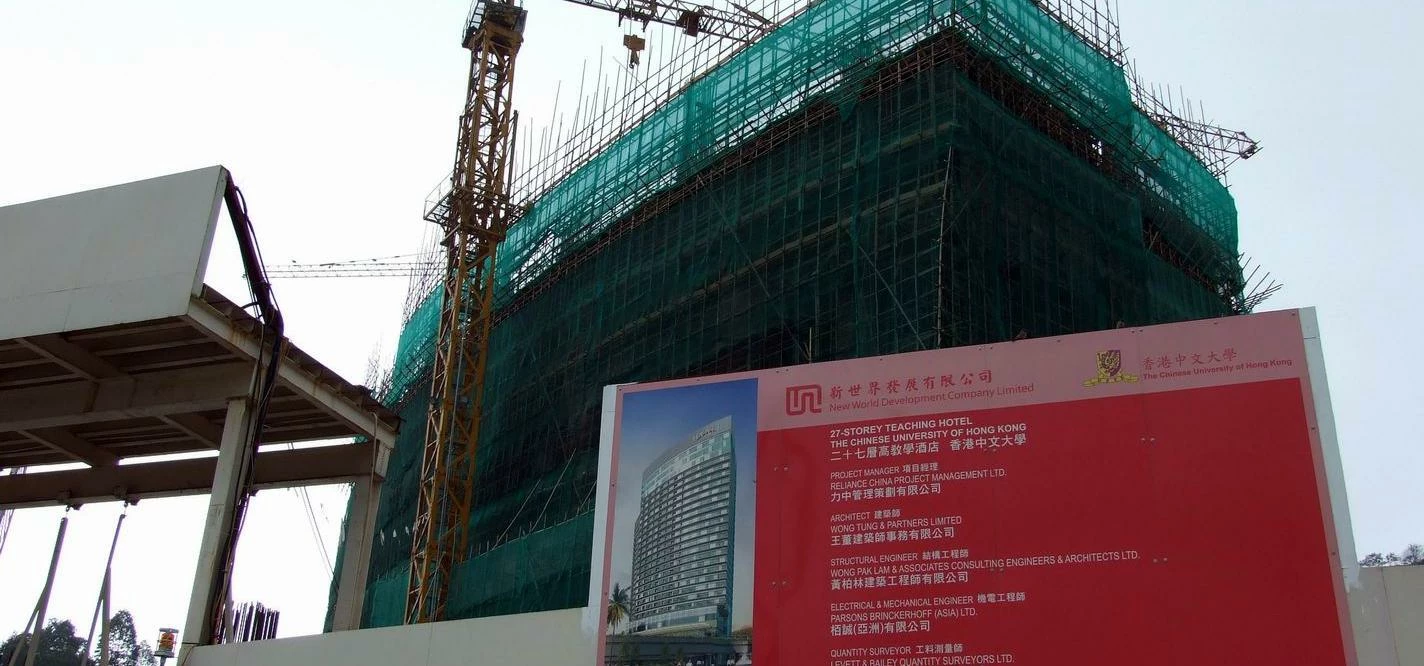
Partner Article
Quantity Surveyors Impossible to Find
The Royal Institution of Chartered Surveyors conducted a survey that shows that the construction industry has been able to more than regain any confidence that was lost following the EU referendum result last year.
Quantity surveyors are currently so busy that according to the RICS survey 66% of firms that responded identified staff shortages as being a serious concern.
According to Jeremy Blackburn, who is head of policy of the RICS, says that employing a ballet dancer is easier than hiring a quantity surveyor these days.
Around 41% of the RICS Construction Market Survey for Q4 2016 respondents are expecting over the next 12 months to see an increase in construction sector employment. The infrastructure sectors that are growing the fastest are rail and road.
During 2016’s fourth quarter, output increased in a majority of sub sectors with the exception of public non-housing. Following the previous three quarters pattern, it was the private housing sector that saw the strongest quarterly increase in workloads. An increase of 27% more respondents saw an increase in their private housing workloads (instead of a decrease). The infrastructure and private commercial sectors also reported an increase in workloads.
Jeremy Blackburn said about staff shortages: Currently many firms are having to bring in construction professionals from outside of the UK. A shortage of quantity surveyors is also very obvious in our survey and reinforced by the fact that, right now, under the government Shortage Occupation List, that employing a ballet dancer is easier than hiring a quantity surveyor. The answer to why there is a shortage is probably in this piece by PSR Solutions.
Blackburn added that even if it were reversed and we were able to ensure that we could maintain access through Brexit to the EU workforce, that there would still be a domestic shortage of skills. The Industrial Strategy is a great opportunity for aligning employer work paths, training and education - in addition to modern construction methods - to make sure that there is a skilled workforce available for meeting building targets.
Simon Rubinsohn, RICS chief economist, added that the most recent results suggests that concerns have been shrugged off by the construction sector regarding the effects of Brexit in terms of key workload indicators staying firm across the country. In fact, feedback relating to the outlook for the upcoming 12 months is more optimistic than it was in the fall, and as 2017 unfolds there has been more building than was anticipated.
However, there is still some ease regarding access to skilled labour within the emerging new world, and for many businesses financial constraints are still a major challenge. We are also being informed that the shortage of quantity surveyors is currently impacting the development process.
This was posted in Bdaily's Members' News section by Cormac Reynolds .
Enjoy the read? Get Bdaily delivered.
Sign up to receive our popular morning London email for free.








 The value of using data like a Premier League club
The value of using data like a Premier League club
 Raising the bar to boost North East growth
Raising the bar to boost North East growth
 Navigating the messy middle of business growth
Navigating the messy middle of business growth
 We must make it easier to hire young people
We must make it easier to hire young people
 Why community-based care is key to NHS' future
Why community-based care is key to NHS' future
 Culture, confidence and creativity in the North East
Culture, confidence and creativity in the North East
 Putting in the groundwork to boost skills
Putting in the groundwork to boost skills
 £100,000 milestone drives forward STEM work
£100,000 milestone drives forward STEM work
 Restoring confidence for the economic road ahead
Restoring confidence for the economic road ahead
 Ready to scale? Buy-and-build offers opportunity
Ready to scale? Buy-and-build offers opportunity
 When will our regional economy grow?
When will our regional economy grow?
 Creating a thriving North East construction sector
Creating a thriving North East construction sector